The MIAS Blog: News and Views about Ibn Arabi
More Recent Posts
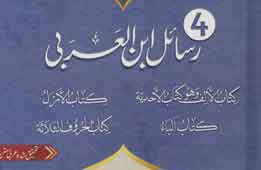
Rasail Ibn al Arabi – new editions
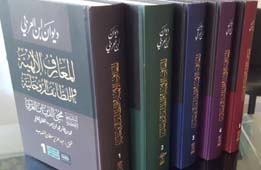
Critical Edition of Ibn ‘Arabi’s Diwān

The Openings Revealed in Makkah
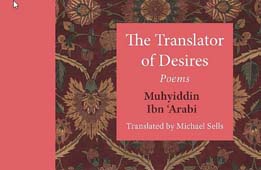
Translator of Desires – Michael Sells

Shaykh Mahmud Ghurab

From Chapter 52 of the Futūhāt

Sufism and the Perfect Human

Michel Chodkiewicz – A Legacy

Discovering Compassion
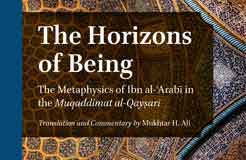
The Horizons of Being
Ibn al-‘Arabî – Kitâb al-’Isrâ
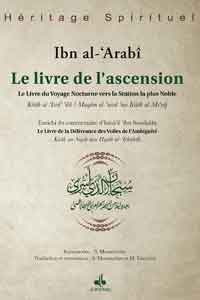
Le Livre du Voyage nocturne vers la Station la plus noble ou Le Livre de l’Ascension, est le récit que nous confie Ibn al-‘Arabî, à propos de son ascension spirituelle durant laquelle il va savourer gustativement les diverses étapes et rendre effective sa propre réalisation. L’une des caractéristiques de l’œuvre akbarienne est qu’elle demeure, dans son ensemble, liée intimement aux textes fondateurs de l’lslâm, le Qur’ân et la Sunna. Ce traité ne fait pas exception. Tout au long de son récit, non seulement le shaykh ne s’éloigne pas du Livre et de la Tradition, mais il s’en imprègne de sorte que son style évoque constamment soit une parole qur’ânique, soil un ḥadith prophétique ou un récit traditionnel. Le lecteur assidu de ses ouvrages se rendra compte de ce recours régulier au vocable scripturaire dans ses écrits, parfois expressément pour étayer son argumentation, et d’autres fois par le truchement de l’emprunt d’un ou de plusieurs termes, le plus souvent par allusion.
Le rapport très étroit de cet événement, tel qu’il est décrit par ash-Shaykh al-Akbar, avec le donné qur’ânique, se manifeste dès la première phrase du récit. Ainsi, c’est avec le premier verset de la sourate Al-’Isra’ qu’il débute son introduction: «Magnificence à Celui qui a fait voyager de nuit Son adorateur, depuis la Mosquée sacrée jusqu’à la Mosquée la plus éloignée, dont nous avons bèni l’alentour, afin de lui faire voir de Nos signes. Certes, Lui est le Très-Entendant, le Très-Voyant».
Al-’Isrâ’ est également le premier terme de l’intitulé de son livre, un terme majeur donc qui se suffit à lui seul pour relater le cheminement entre caché et apparent, et l’élévation vers les sphères des connaissances invisibles. C’est aussi, à travers les moments et les lieux que retrace la sourate An-Najm, qu’Ibn al-‘Arabî nous emporte avec lui dans une verticalité vertigineuse, saisissante et imprévisible.
From the Introduction by Said Moustarhim
